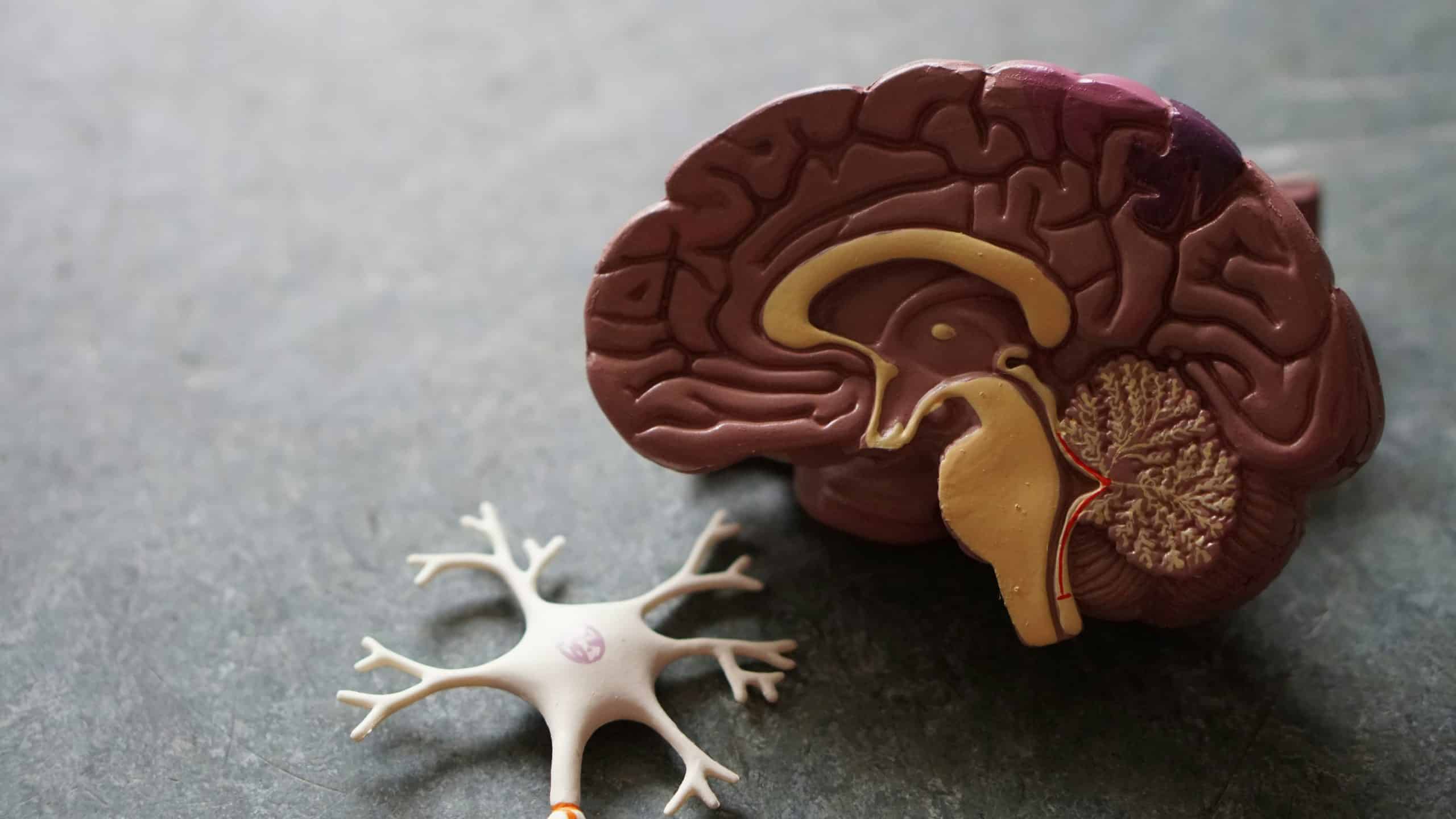Hearing Aids: A Crucial Tool in the Fight Against Dementia

16 January 2024
You may not have given much thought to how hearing impacts brain health in the modern world where we’re always looking for methods to live longer and better lives. Maintaining our hearing as we age may be essential to a sharper mind, as recent research has revealed an intriguing link between dementia and hearing loss.
Think of our brains as enormous computers that analyse every word, sound, and disturbance in our environment. Like any worn-out device, our hearing may begin to deteriorate as we age[1]. This is where things get interesting: when our hearing declines, our brain needs to work harder to fill in the gaps. This increased stress may be connected to a quicker rate of cognitive decline, which is when problems like dementia and memory loss arise.
Hearing-Dementia Connection
Research from prestigious universities like Johns Hopkins [2] has shown a novel finding. They have shown a link between hearing loss and a higher chance of dementia. Our brain goes into overdrive when our hearing starts to deteriorate, trying to fill in the gaps. This extra effort may be increasing our chances of developing cognitive issues like dementia.
The Role that Hearing Aids Play
This is when technology becomes useful. In this study [3], hearing aids—which are sometimes thought of as merely sound-amplifying devices—become potentially heroic. They lessen the strain on our brains by improving our hearing, which may delay the onset of cognitive decline. It’s similar to giving our brain a much-needed vacation so it can concentrate on other important duties.
Let’s move on to something even more fascinating. Another recent research called the ACHIEVE study examined how well hearing aids help delay cognitive decline in more detail and was published in The Lancet [4]. Half of the elderly people in the study, who all had some degree of hearing loss, received hearing aids. Years later, they discovered something really promising. Wearing hearing aids almost completely reduces the risk of cognitive decline in people who are more susceptible to it! It’s as if we have a hidden anti-aging weapon right under our noses.
What does all of this mean to you, though? Here are a few easy yet effective actions you can take:
- Take Frequent Hearing Tests: It’s important to keep an eye on your hearing, just as you would your blood pressure or vision. Frequent evaluations of hearing can identify any decline early and enable prompt treatments.
- Maintain Your Physical and Social Engagement: Exercise and social connection are two of the best ways to give our brains a good workout. Being active maintains our minds clear and our spirits up.
- Think About the Significance of Hearing Aids: Investigating hearing aids is a prudent decision if there is even a remote possibility of hearing loss. Modern gadgets are sophisticated, discrete, and may play a critical role in preserving cognitive function.
- Sustain a Healthy Way of Life: Not only are a healthy diet, regular exercise, and stress reduction beneficial for the body, but they also benefit the brain. They give our brain the proper nourishment and relaxation that it requires to perform at its best.
- Continue to Challenge Your Brain: Acquiring new abilities, solving mental riddles, and maintaining a curious mind keep our minds active and flexible. It works our cognitive muscles similarly to mental gymnastics.
- Save Your Hearing: It’s critical to protect our ears from loud noises in our noisy world. In noisy settings, using earplugs can help safeguard our hearing.
- Consult with Experts: Speaking with audiologists and other medical professionals on a regular basis can offer direction and assistance in properly maintaining hearing health.
- Educate and Raise Awareness: Encouraging others to take preventative action by educating them about the significance of hearing health for cognitive well-being. Action follows awareness.
Surprisingly, the state of our ears has a major impact on how we see the environment and preserve our cognitive abilities as we move through the phases of life. Not only are we securing a life full of sounds and conversations when we provide our hearing the attention and care it requires, but we are also promoting the lifespan and health of our brains. In our pursuit of a richer, healthier existence, let’s pay attention to what our ears need to say and give it the attention it requires.
References:
- Correcting hearing loss is emphasized as beneficial for both physical and psychosocial health. Merck Manuals.
https://www.merckmanuals.com/home/ear,-nose,-and-throat-disorders/hearing-loss-and-deafness/hearing-loss - New Study Links Hearing Loss With Dementia in Older Adults
https://publichealth.jhu.edu/2023/new-study-links-hearing-loss-with-dementia-in-older-adults - Hearing Aids May Slow Dementia Onset
https://publichealth.jhu.edu/2023/hearing-aids-may-slow-dementia-onset - Hearing intervention versus health education control to reduce cognitive decline in older adults with hearing loss in the USA (ACHIEVE): a multicentre, randomised controlled trial
https://www.thelancet.com/journals/lancet/article/PIIS0140-6736(23)01406-X/fulltext
Autres articles
HOW TO INTEGRATE CONNECTED HEARING AIDS INTO YOUR DAILY LIFE
To provide the best possible service to improve the daily lives of hearing-impaired people, connected hearing aids and their complementary…
ARTIFICIAL INTELLIGENCE IN AUDIOLOGY: HOW AI IS TRANSFORMING THE HEARING AID EXPERIENCE
In a time when artificial intelligence is making its mark on every business, it’s nice to see that it’s making…
TINNITUS AND STRESS: IS THERE A LINK BETWEEN THE TWO?
Although tinnitus has affected many people for a long time, it’s only very recently that we’ve been able to learn…



